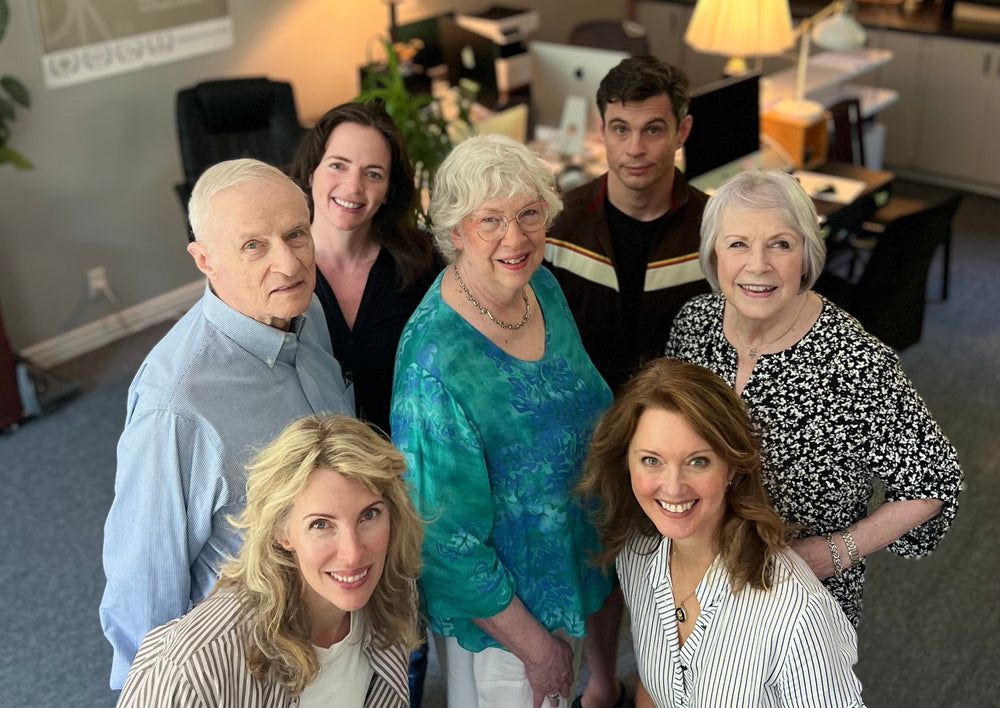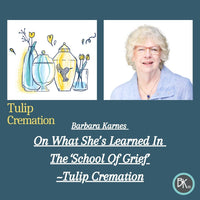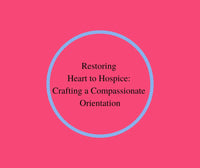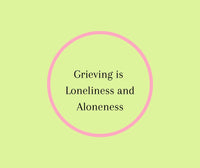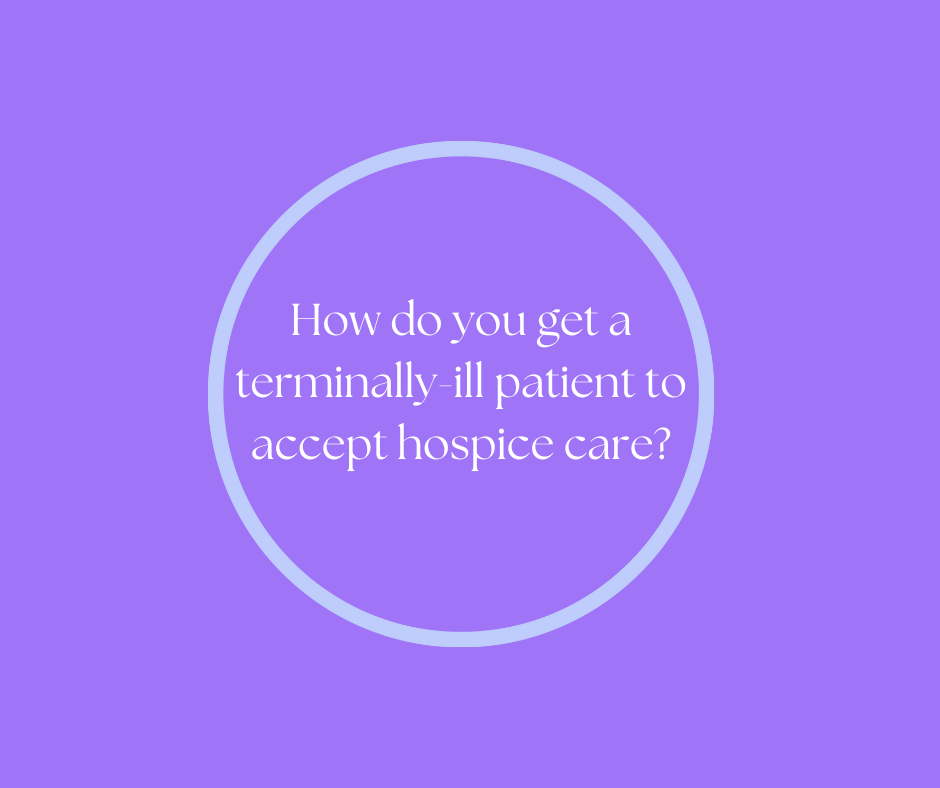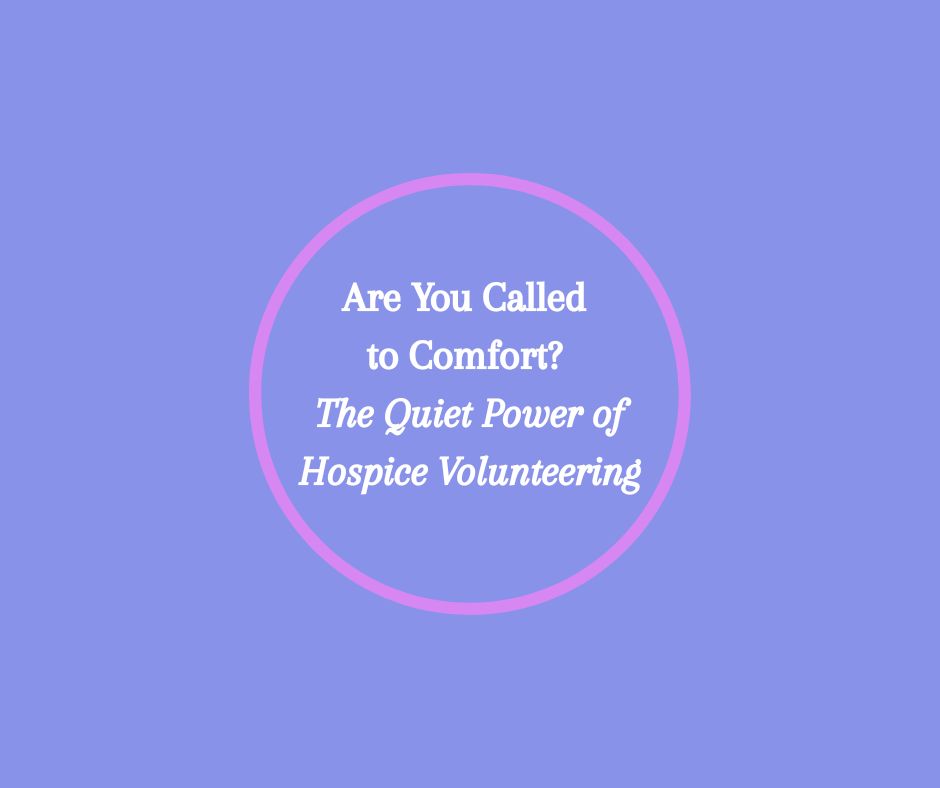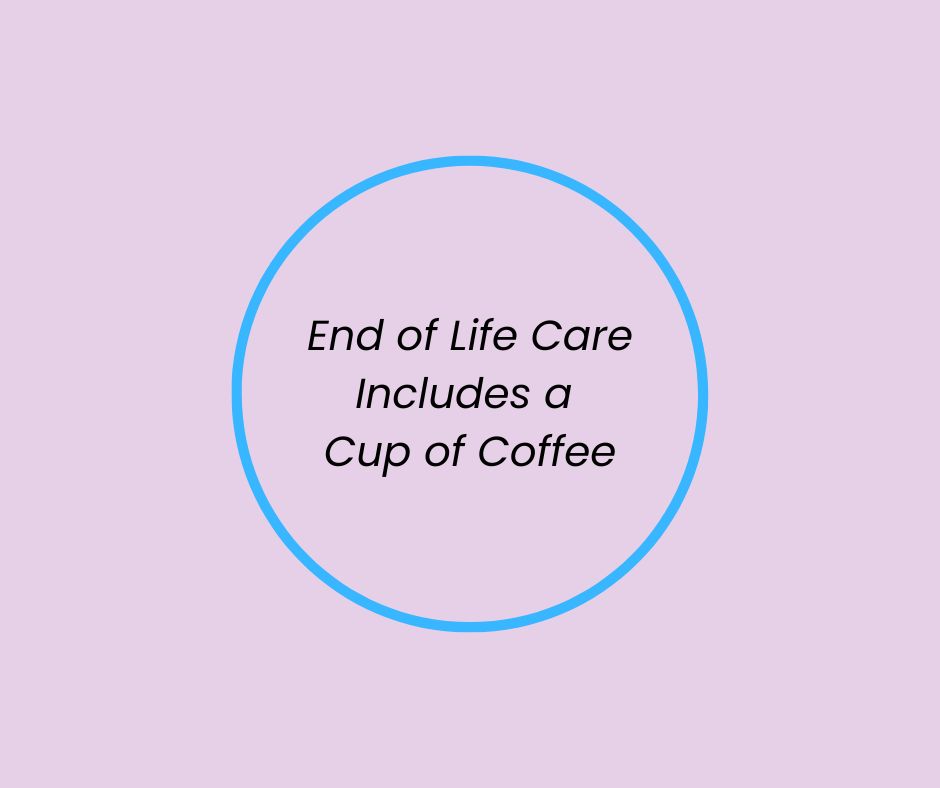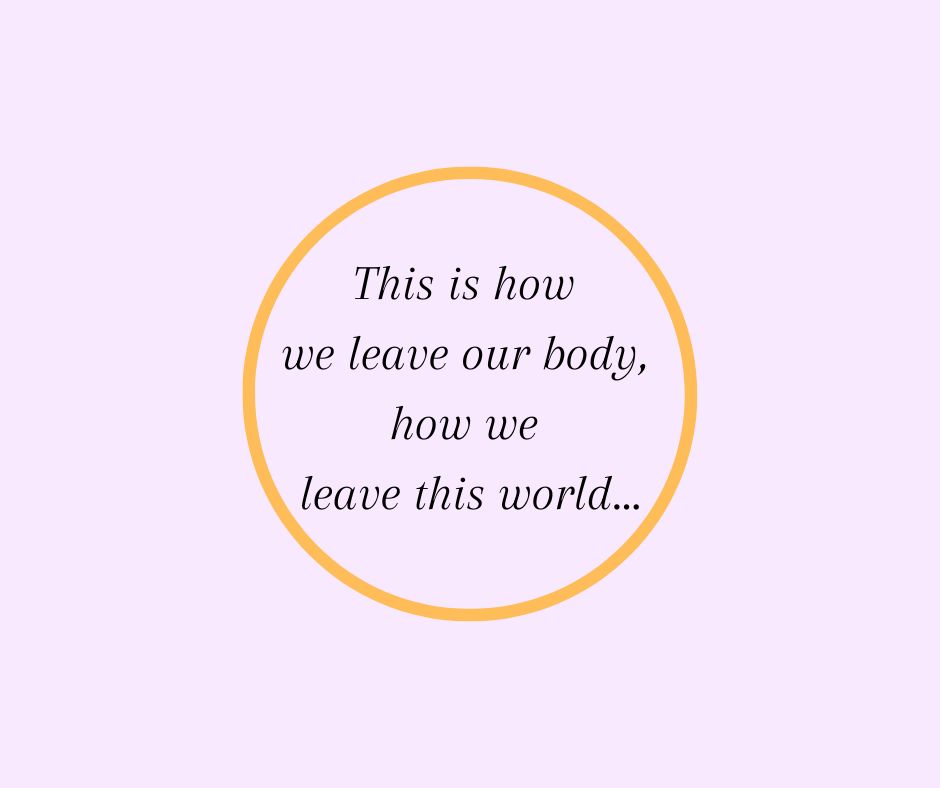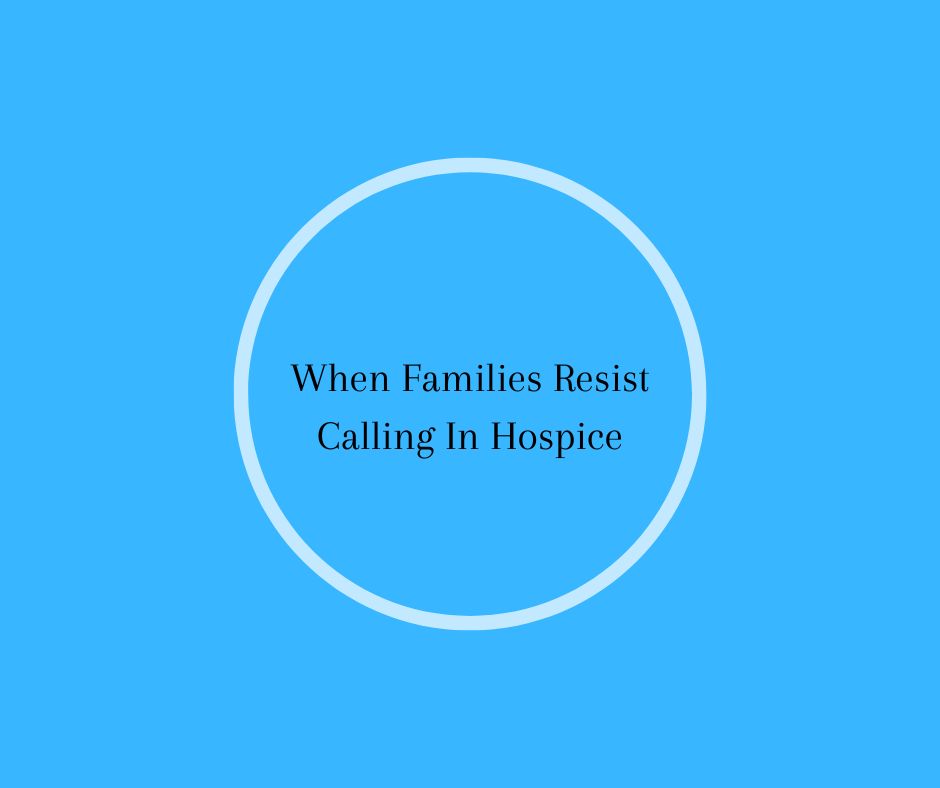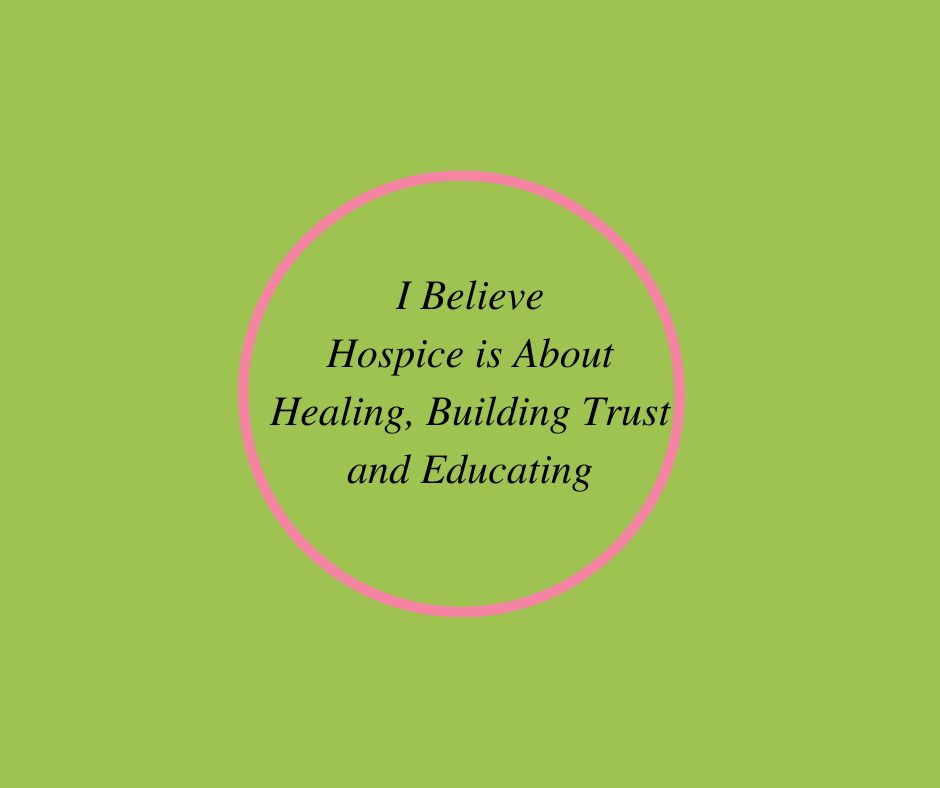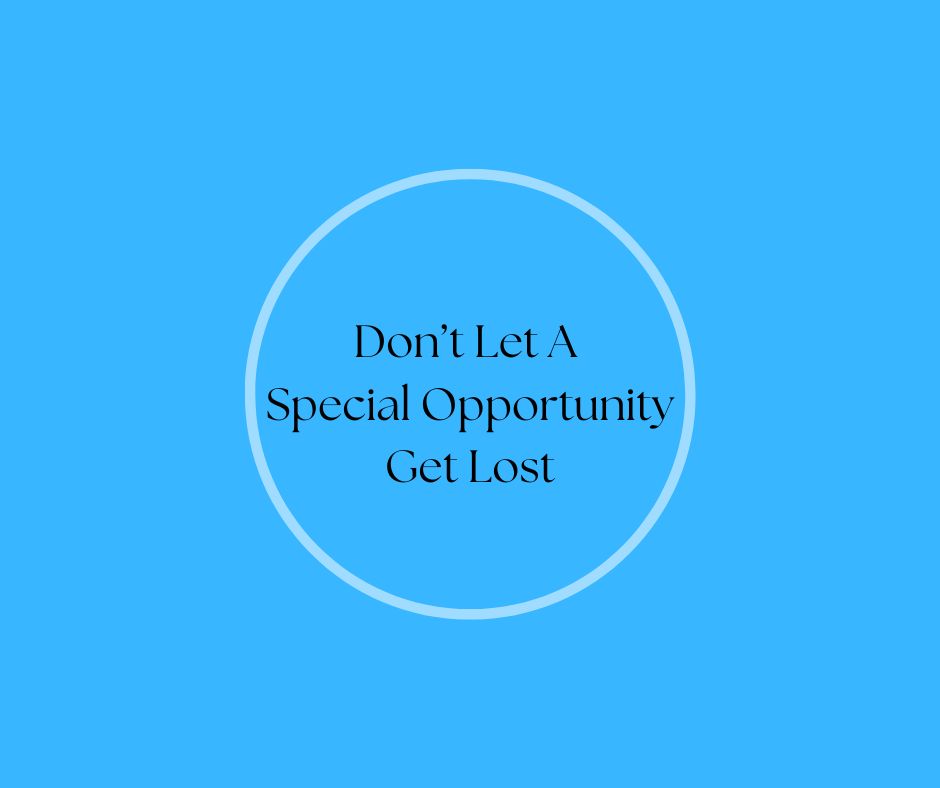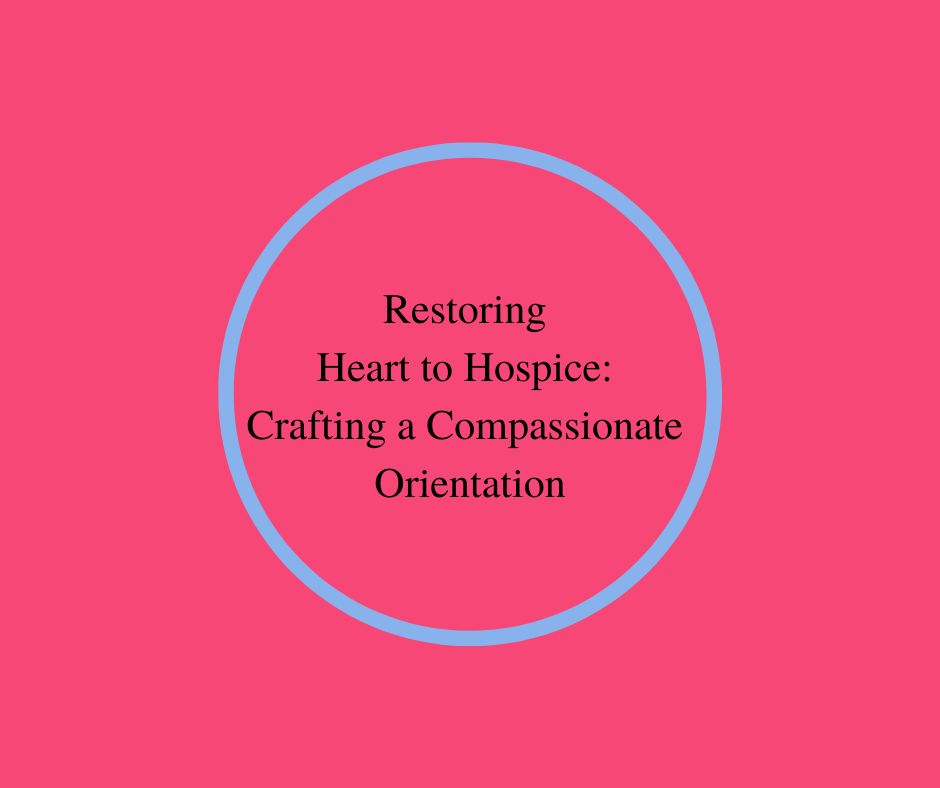
Something to Think About
a blog on end of life
- All posts
- addiction
- advance directive
- alzheimers
- anticipation
- anticipatory grief
- Approaching Death
- assisted care
- assisted death
- Assisted Living
- bereaved
- Bereavement
- burnout
- BY YOUR SIDE A Guide for Caring for the Dying at Home
- cancer
- caregiver
- caregiver fatigue
- caregiver support
- caregiving at end of life
- children
- Clinician
- comfort care
- covid 19
- Death
- death and dying
- death cafe
- death call
- death care
- death doula
- death education
- death midwife
- death of a pet
- death ritual
- dementia
- dementia doula
- diagnosis
- Director of Education
- disease
- DNR
- doctors
- dying
- dying pet
- dying process
- Dynamics of Dying
- Eating or not eating
- elderly
- Elisabeth Kubler-Ross
- end of life
- end of life doula
- euthanasia
- family
- family caregiver
- father
- Fear
- Feeding
- Financial records
- Food
- food at end of life
- Funeral
- gift
- Gone From My Sight
- graduating from hospice
- gratitude
- Grief
- Grief Counselor
- grief support
- Guilt
- holidays
- Home Care
- home death
- home health
- home healthcare
- Hospice
- Hospice Blue Book
- hospice care
- hospice chaplain
- hospice education
- hospice end of life care
- hospice for pets
- hospice nurse
- hospice nurses
- hospice patient
- hospice physician
- hospice referral
- Hospice Social Worker
- Hospice Staff
- hospice volunteer
- hospital
- How Do I Know You ?
- How Do I Know You? Dementia at the End of Life
- Hydration or dehydration
- infant death
- labor
- labor at end of life
- life limiting
- life support
- loss
- media
- Medicade
- Medicare
- medication
- medications
- memory care
- midwife
- moment of death
- morphine
- mother
- My Friend I Care
- narcotics
- New Rules For End Of Life Care
- No Code
- Not Eating
- nurse
- Nursing facility
- Nursing home
- nutrition
- Old Age
- older pet
- orientation
- oxygen
- pain
- pain at end of life
- pain management
- pain relief
- palliative care
- palliative sedation
- pandemic
- personality
- Pet death
- Pet illness
- physician
- podcast
- POLST
- prepare for death
- quality of life
- religion
- Retirement Home
- sacred
- self care
- sleep
- Social Worker
- spanish grief literature
- stages of grief
- sudden death
- Suicide
- Supervisors
- support
- terminal
- terminal agitation
- terminal diagnosis
- terminal restlessness
- The Eleventh Hour
- The Final Act of Living
- This Is How People Die
- Time
- Time of Death
- trauma
- treatments
- volunteer
- volunteers
- washing the body
- widow
- wife
- Will
- You Need Care Too
How do you get a terminally-ill patient to accept hospice care?
Someone recently asked me, “What do Hospice volunteers do?” She was interested in becoming one. She was most interested in helping in an area most people are afraid to even...
End of life care is about bonding and developing trust — not just with the patient, but with the family and the caregiver, as well...
By the time the family has mustered the courage to call, they are usually at their wit's end. They probably have needed services weeks...
Today most hospices have some sort of a hospice house arrangement. It may be in a designated portion of a nursing facility or in a free standing building of its...
Working with end of life all these years has shown me how special each day is. It has also shown me the value and the gift of living, doing, and...
That weekend I sat on my sofa with a yellow legal pad (before computers) and wrote what I wanted families and caregivers to know about the natural dying process. I...
90% of end of life care is education. People don’t die like they do in the movies, yet movies are our current role models. This leads to unrealistic expectations...
We need to explain the way most people die — especially the not so pretty parts. This includes the sounds, movements, pees, poops, frowns, grimaces, and the struggles that accompany...
When we see our special person struggling, we, the watchers, think something pathological is happening or we think the professionals are not doing enough to provide proper care...
Hospice began as an ideal, a step outside of the medical model. It was generally operated by volunteers and it was financed and maintained by community fundraising and donations...
Of course each situation needs to be individually addressed but in the case of a lot of people with dementia, tell them about a death of someone close ONCE...
How does a person feel as a hospice patient? Everyone is waiting on them, they are unable to do things for themselves. They have to wear diapers and probably don't want...
Part of "selling" hospice is to create trust and a bond during that first meeting. It takes people skills in addition to knowledge of hospice benefits...
In the hours to minutes before death, gather family and significant others. Encourage each person to spend some time alone with the person dying. This is the time to talk...
As end of life approaches, people start looking at their life; what they’ve accomplished, not done, who they have touched, interacted with, and the relationships they have or have not built...
All the hours of talking, drinking coffee, and eating homemade pies was time spent healing, building trust, and educating. It wasn’t about blood pressures. It was about people, feelings, and...
I believe everyone has the right to be told once that they can’t be fixed. It is the physician’s job to compassionately and honestly give that information...
People don’t die like they do in the movies. Mom is not going not going to say some profound words, close her eyes and be dead...
Taking care of someone who is at the end of life is different from taking care of someone who is going to get better, BUT most people don’t know this—-including...
Denial by the person with a life threatening illness, denial by the caregiver, and I’ll even add denial by some attending physicians. Denial is often the reaction to diseases that have...


